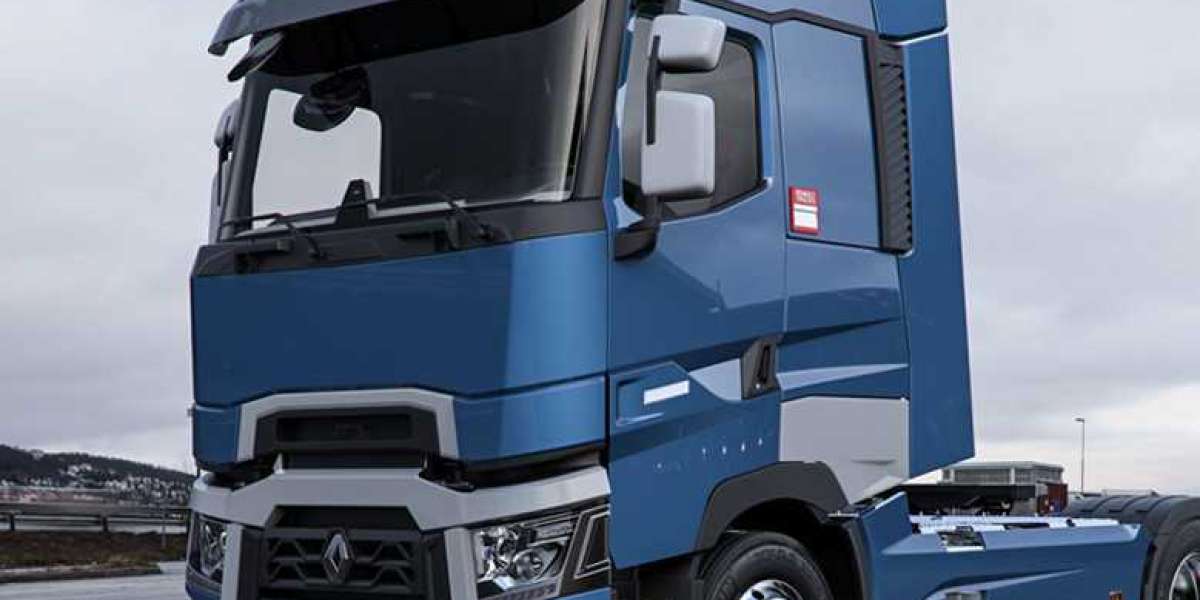Introduction
The world of freight and transportation is on the brink of a significant transformation, driven by rapid technological advancements and the evolving needs of businesses and consumers. In this article, we explore the innovations that are reshaping the landscape of freight companies and transportation, paving the way for a more efficient, sustainable, and interconnected future.
Smart Logistics: The Rise of Intelligent Systems
One of the key innovations revolutionizing the freight industry is the integration of smart logistics. Advanced technologies, such as Internet of Things (IoT) devices, sensors, and data analytics, are being employed to create intelligent systems that optimize every step of the supply chain. From real-time tracking and monitoring to predictive maintenance of vehicles, these smart logistics solutions enhance visibility, accuracy, and overall operational efficiency.
Electric and Autonomous Vehicles: Shaping the Future of Transportation
As the world seeks cleaner and more sustainable transportation solutions, the freight industry is embracing electric and autonomous vehicles. Electric trucks not only reduce carbon emissions but also lower operating costs over the long term. Meanwhile, autonomous vehicles are reshaping the concept of last-mile delivery, offering the potential for increased speed and cost-effectiveness. This section delves into the impact of these innovations on the transportation sector and the challenges and opportunities they present.
Blockchain in Supply Chain: Enhancing Transparency and Security
The adoption of blockchain technology is gaining momentum in the freight and transportation industry, bringing a new level of transparency and security to supply chain management. Blockchain's decentralized and tamper-resistant nature ensures that each transaction and shipment is securely recorded, reducing the risk of fraud and errors. Explore how blockchain is reshaping the way freight companies handle documentation, track shipments, and collaborate with partners.
Drones and Delivery Robots: Transforming Last-Mile Logistics
The last mile of delivery has long been a bottleneck in the transportation process. However, with the advent of drones and delivery robots, this final leg of the journey is undergoing a revolution. Drones can efficiently transport small packages to remote locations, while delivery robots navigate urban environments, reducing delivery times and costs. Learn how these innovations are not only improving efficiency but also opening up new possibilities for businesses in crowded urban settings.
Collaborative Platforms: Connecting Shippers and Carriers
The rise of collaborative platforms is fostering a more connected and flexible freight ecosystem. These digital platforms bring together shippers and carriers, enabling seamless communication, real-time updates, and efficient resource allocation. Discover how these platforms are streamlining the logistics process, reducing empty miles, and enhancing overall supply chain visibility.
Green Initiatives: Sustainability in Transportation
In response to growing environmental concerns, freight companies are increasingly prioritizing sustainability. From eco-friendly packaging to the use of alternative fuels, this section explores the various green initiatives being adopted by transportation companies. The integration of electric vehicles, renewable energy sources, and carbon offset programs demonstrates a commitment to reducing the industry's environmental impact and creating a more sustainable future.
Challenges and Opportunities Ahead
While the future of freight companies and transportation holds immense promise, it is not without its challenges. This section examines the obstacles facing the industry, such as regulatory hurdles, technological integration costs, and the need for workforce reskilling. By addressing these challenges head-on, the industry can unlock new opportunities and continue its journey towards a more efficient and innovative future.
Smart Logistics: The Rise of Intelligent Systems
One of the key innovations revolutionizing the freight industry is the integration of smart logistics. Advanced technologies, such as Internet of Things (IoT) devices, sensors, and data analytics, are being employed to create intelligent systems that optimize every step of the supply chain. From real-time tracking and monitoring to predictive maintenance of vehicles, these smart logistics solutions enhance visibility, accuracy, and overall operational efficiency.
Smart logistics go beyond just tracking shipments; they involve the analysis of vast amounts of data to optimize routes, predict potential issues, and improve resource allocation. Machine learning algorithms enable these systems to learn from historical data, making them increasingly adept at making real-time decisions. As freight companies continue to invest in and refine these intelligent systems, the industry is poised to see unprecedented levels of efficiency and cost-effectiveness.
Conclusion: Navigating the Road Ahead
In conclusion, the innovations in freight companies and transportation are reshaping the industry, offering a glimpse into a future that is more interconnected, sustainable, and efficient. As smart logistics, electric vehicles, blockchain, drones, and collaborative platforms continue to evolve, the industry must adapt to stay ahead. Navigating the road ahead requires a commitment to embracing these innovations, overcoming challenges, and working towards a future where freight and transportation are seamlessly integrated into the fabric of a connected global economy.













